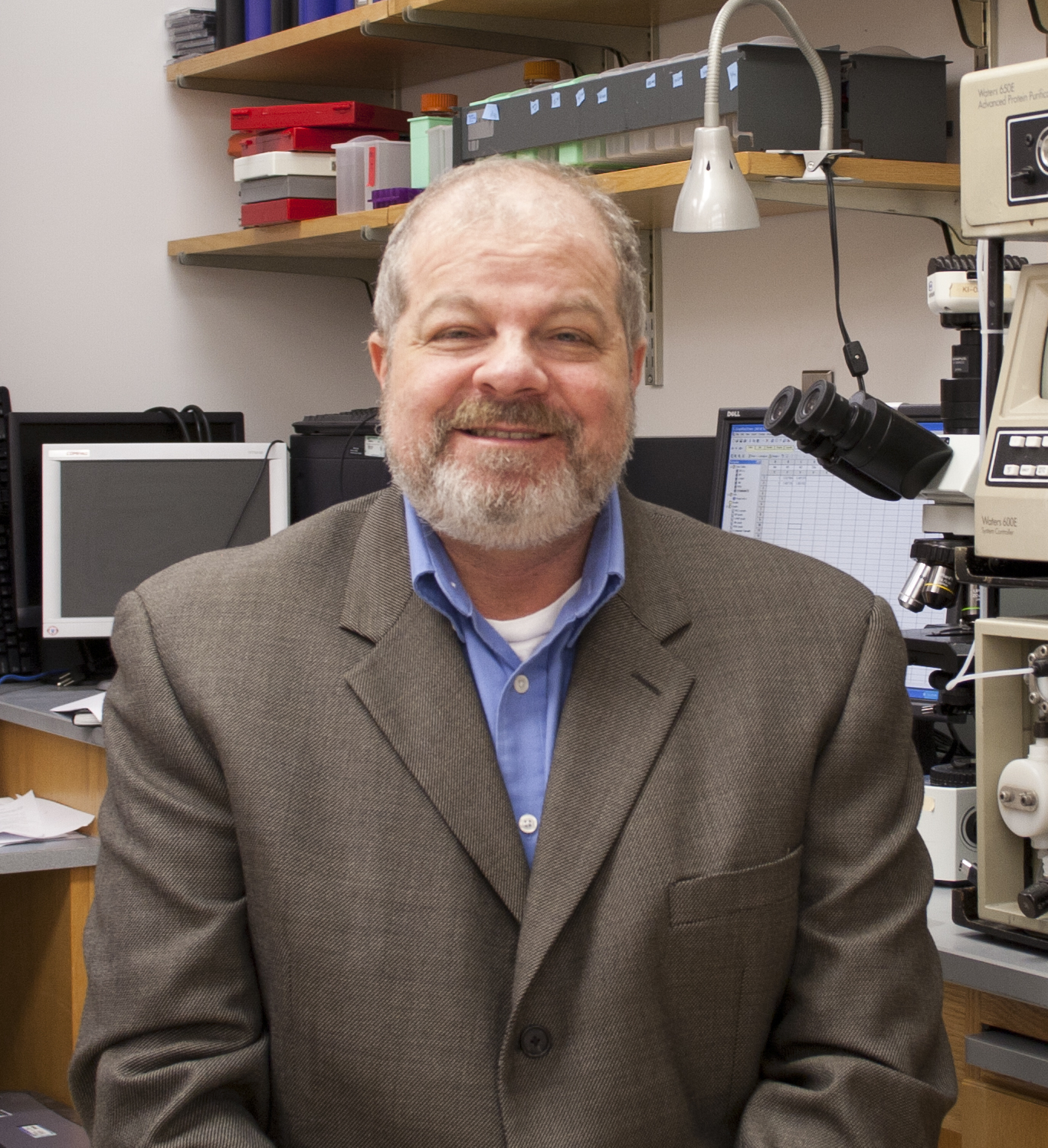The scientific and academic community is mourning the loss of David H. Wasserman, a highly respected professor at Vanderbilt University School of Medicine. Dr. Wasserman, who held the prestigious AM Lyle Chair of Biomedical Sciences and served as the Director of the Mouse Metabolic Phenotyping Center, has passed away. His death marks a significant loss for the fields of biomedical sciences and metabolism research.
David H. Wasserman, Ph.D., was a distinguished figure in his field, known for his extensive research into metabolism, specifically the roles of physical exercise, insulin stimulation, and diet. His work has had profound implications for understanding metabolic processes and their impact on diseases such as diabetes and heart disease. According to his family, David was a man of honor and respect, qualities that were evident in both his professional and personal life.
Dr. Wasserman’s academic journey and career were marked by a deep commitment to advancing scientific knowledge. His laboratory utilized a variety of animal models, isotopic techniques, and analytical methods to study metabolism from the genetic level to the whole organism. He believed in using physical exercise, insulin stimulation, or diet to perturb metabolic fuel systems in his research. This approach was critical not only for a basic understanding of fuel metabolism but also for addressing significant health issues related to diabetes and heart disease.
Born with a passion for science and education, David Wasserman dedicated his life to academia and research. His contributions to Vanderbilt University and the broader scientific community were immense. As a mentor, he guided many students and researchers, fostering a spirit of inquiry and dedication to scientific rigor. His work at the Mouse Metabolic Phenotyping Center was particularly noteworthy, as it provided invaluable insights into metabolic diseases, facilitating advancements in treatment and prevention strategies.
Dr. Wasserman’s research was characterized by its innovative use of experimental models and its interdisciplinary approach. He collaborated with numerous researchers across various fields, reflecting his belief in the importance of integrating diverse scientific perspectives. His studies often explored the complex interactions between genes, physical activity, and diet, shedding light on how these factors influence metabolic health.
One of Dr. Wasserman’s significant contributions was his research on the effects of physical exercise on metabolism. He was a strong advocate for the role of exercise in maintaining metabolic health and preventing chronic diseases. His findings have been instrumental in shaping public health recommendations and clinical practices related to exercise and metabolic disorders.
In addition to his research, David Wasserman was deeply committed to teaching and mentoring. He was known for his engaging lectures and his ability to inspire students to pursue careers in science and medicine. Many of his former students and colleagues have expressed their admiration for his dedication to education and his ability to make complex scientific concepts accessible and exciting.
Dr. Wasserman’s passing has left a profound void in the academic and scientific communities. Colleagues and friends have been sharing their memories of him, highlighting his kindness, generosity, and unwavering dedication to science. His impact on the field of metabolism research and on those who had the privilege of working with him is immeasurable.
The family of David Wasserman has announced that his obituary and funeral arrangements will be released in due course. They have expressed their gratitude for the outpouring of support and condolences from the community. In the meantime, they have requested privacy as they navigate this difficult time.
In recognition of Dr. Wasserman’s contributions, Vanderbilt University and other institutions are likely to honor his legacy through memorials and continued dedication to the fields he was passionate about. His research will continue to influence scientific thought and practice, ensuring that his legacy endures.
David Wasserman’s death is a significant loss, but his life’s work will continue to inspire and inform future generations of researchers. His legacy is one of scientific excellence, mentorship, and a profound commitment to understanding and improving human health. As the scientific community reflects on his contributions, there is a collective resolve to continue building on the foundation he established.
In conclusion, the death of David H. Wasserman, Ph.D., marks the end of an era in metabolism research and education. His contributions to science and his impact on the academic community are enduring. The thoughts and prayers of many are with his family, friends, and colleagues during this time of loss. As we remember Dr. Wasserman, we celebrate his life and the significant legacy he leaves behind.
